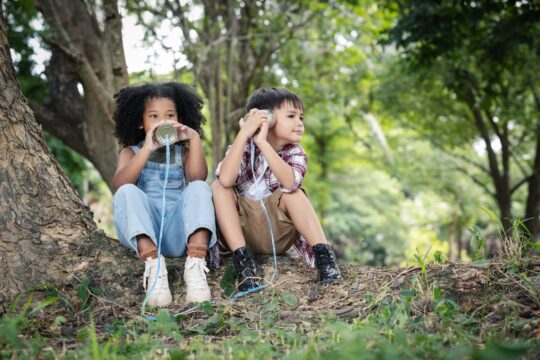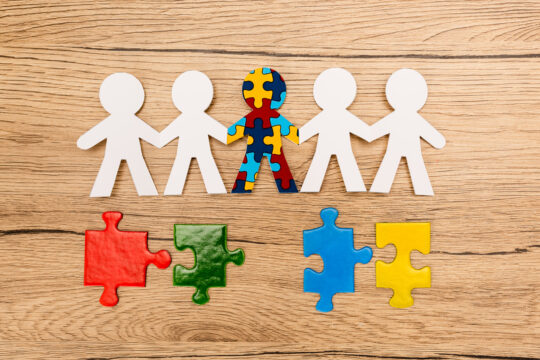The Power of Play-Based Learning in Early Years Education: Cultivating Young Minds
Immersing ourselves in the dynamic world of play-based learning and its transformative impact on young minds. Play, a natural and joyful activity for children, serves as a powerful catalyst for learning, creativity, and holistic development.
Unlocking Learning Through Play:
Play is the language of childhood—a natural instinct that transcends cultural boundaries. Play-based learning harnesses this innate curiosity and drive to explore, creating an engaging environment that sparks a multitude of cognitive, social, emotional, and physical benefits.
Benefits of Play-Based Learning:
- Holistic Development: Play engages all areas of development simultaneously, fostering cognitive growth, language skills, emotional intelligence, and physical coordination.
- Active Exploration: Through play, children actively engage with their environment, experiment with ideas, and construct their understanding of the world.
Types of Play in Early Years:
- Functional Play: This early form of play involves repetitive actions, like stacking blocks or filling and emptying containers. It helps develop fine motor skills and hand-eye coordination.
- Constructive Play: Children create or build something using materials like blocks, clay, or Lego. This type of play nurtures creativity, problem-solving, and spatial reasoning.
The Role of Imaginative Play:
- Role-Playing: Imaginative play, where children pretend to be characters or engage in scenarios, enhances social skills, empathy, and language development.
- Storytelling Play: Encourage storytelling through pretend play, helping children develop narrative skills and creativity as they craft and act out their stories.
Creating Playful Learning Environments:
- Open-Ended Materials: Offer materials that can be used in various ways, encouraging children to think creatively and adapt their play.
- Learning Centers: Set up designated play areas for different activities, such as a reading corner, art station, and building area.
Play-Based Learning and Literacy:
- Story Play: Use storybooks as a basis for play, creating opportunities for children to reenact scenes, predict outcomes, and engage in discussions.
- Emergent Writing: Provide materials for children to experiment with writing and drawing, promoting early literacy skills.
Social Skills and Cooperation:
- Group Play: Engage children in cooperative play activities that involve teamwork, sharing, and negotiation, fostering essential social skills.
- Conflict Resolution: Through play, children learn how to manage conflicts, communicate their needs, and compromise with their peers.
Parent Engagement:
- Play at Home: Encourage parents to integrate play-based learning at home through interactive games, creative activities, and imaginative play.
- Family Playtime: Suggest family playtime routines that involve board games, storytelling, and outdoor adventures.
Observation and Assessment:
- Informal Assessment: Observe children’s play to gain insights into their interests, strengths, and areas that may need further support.
- Documentation: Document children’s play through photos, videos, or notes, and use this documentation to plan future activities and assess progress.
Play-based learning is a powerful tool that transforms education into an exciting adventure. Through play, children don’t just learn—they actively construct their understanding of the world, develop essential skills, and discover their own unique potential. By embracing play-based learning, you’re nurturing young minds to become confident, curious, and lifelong learners.



Comments are closed.